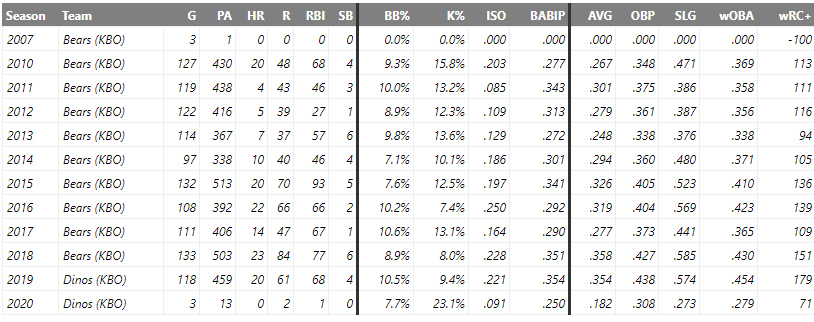Asher Wojciechowski has had a weird career. The 31-year-old Orioles right-hander has been with eight different organizations in 10 professional seasons. Moreover, this is his second stint with Baltimore in less than two years, with a pair of teams sandwiched in between. All told, Wojciechowski has worked 161 innings over 47 big-league appearances, with a 5.76 ERA and a 5.13 FIP.
He was a supplemental first-round pick in 2010. But while the Toronto Blue Jays liked the Citadel product enough to draft him 41st overall, they didn’t like him enough to let him be. The following spring, Wojciechowski was asked to change his identity.
“At the time, their philosophy was sinkers at the bottom of the zone, and sliders and cutters off of that,” Wojciechowski explained. “Everything was bottom of the zone or below. I’d never pitched like that. In college, I’d been a four-seam/slider guy, a swing-and-miss guy. The Blue Jays tried to turn me into a sinkerballer.”
That happened a month into the season. Following a bad outing, Wojciechowski was asked to sit down with his pitching coach and Toronto’s pitching coordinator.
“They were like, ‘Hey, we’re thinking about dropping your arm slot and having you throw two-seamers, start really sinking the ball,’” Wojciechowski recalled. “I figured, ‘All right, they did this with Roy Halladay and it worked tremendously with him; I guess they’re trying that with me, too.’ Being in my first [full] season of pro ball, I wasn’t going to say no.” Read the rest of this entry »




